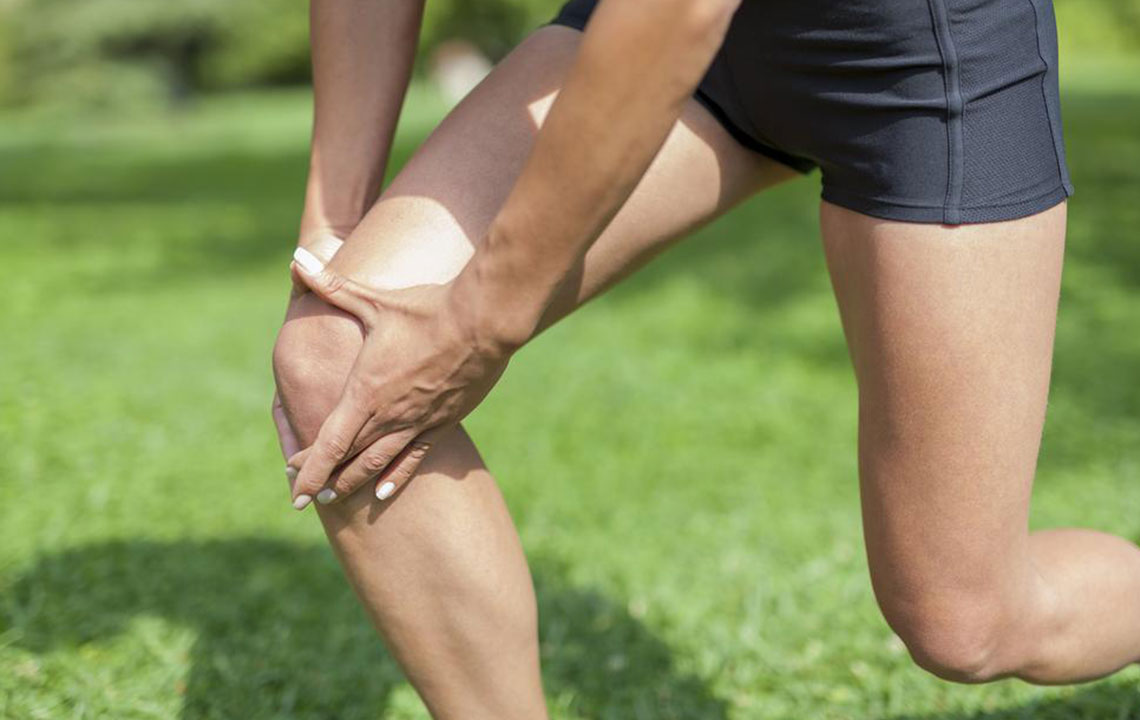Best Treatment Options for Bone Spurs
Bone spurs are not unusual or uncommon health hazards nowadays. A bone spur is nothing but a bony outgrowth that rises along the edges of the bones. It’s often named as Osteophytes and occur at the joints of bones where they meet with each other. Even the spines bones, especially the low back lumbar bones, neck or cervical spine regions are common parts affected by bone spurs along with hip, knee, and heel.

Causes
The causes of the bone spurs are mainly due to prolonged stress or when the bone is rubbed for continuous time. Even osteoarthritis, as well as tendinitis, can also be the reason. Osteoarthritis breaks down the layering cartilage that forms the cushion like bedding at the ends of the bones. The bone spur is a reciprocal reaction or an attempt to compensate the loss of the body to this damage caused by osteoarthritis. Some other medical circumstances like plantar fasciitis, diffuse idiopathic skeletal hyperostosis (DISH) as well as ankylosing spondylitis may damage ligaments and give birth to bone spurs.
Chronic pain or swelling in one or more joints are signs to get an appointment with the doctor for bone spurs.
Treatment options for bone spurs
Usually, the treatment techniques depend on the symptoms and severity of the condition of the bones. Medications are prescribed immediately and most commonly, anti-inflammatory medicines are used to heal it. Such medicines can relieve the patient from pain as well as reduce the inflammation of the bone spurs.
Among the wide range of probable treatment choices, here are some of them.
- Non – Surgical Treatment
- Surgical Treatment
Patients with mild to moderate irritation and compression of nerves due to bone spurs can be cured with non-surgical care. Counter pain relievers like acetaminophen (Tylenol), ibuprofen (Motrin IB, etc.) as well as naproxen sodium are common medicines which are given for maximum 4-6 weeks. A patient might lose his natural motion power to some extent which can be restored with physiotherapy. It cannot completely eradicate the bone spurs but eventually help to reduce some symptoms of it. It can efficiently strengthen the neighboring muscles, the flexibility of neck and back as well as increase the motion of the joint areas. The process can incorporate cold, or ice packs with some stretching, Ultrasound technique or massage can be effective bone spur treatment. Although nerve compression in arms and legs must be clinically treated prior to starting any physical therapies.
Sometimes, doctors prescribe cortisone induced injections which are useful for reducing the pain of the bones. Doctors must check the severity and then inject these either at clinics or at homes. In case of hips or spines, an X-ray technology is simultaneously used to get a proper assessment of the place of the injection. Injections may be prescribed also and it can enable the patient to move forward with rehabilitation or physical therapies. In case of non-operative bone spur treatment , suggestion and appropriate check-ups from a spine specialist are mandatory. If you are suffering from bone pain, rush to get the medical help as early diagnosis is important to treat bone spur.
In case of operations, especially where the spine is involved is designed to relieve the pain as well as the additional neurological signs. Laminectomy is operated to remove the spurs as hard and thickened ligaments that cause nerve compression become unbearable. Most of these surgeries are successful, and patients enjoy healthy life after the operation.
There’s no specific mention regarding the age of the patient when operations are safe. The major factor is the place and severity of the bone spurs. Although, medical conditions are often associated with age like high blood pressures as well as diabetes or coronary disorders. These issues must be considered while deciding the operative treatments. Because these impact the operative risks and might slow the recovery procedure. In case of nerve and spinal cord compression as a result of bone spurs, surgery is the only option. In these critical situations, intolerable pain and motor loss are seen. But it’s imperative to discuss the threats and benefits of the different aspects of the spine surgery. Knowing the potential views and aspects of one person undergoing the operation are important as these issues differ from patients to patients. In most of the cases, simply remove the bone spurs. In such critical cases, joint replacement operation is necessary which is a larger surgery, this can be the ultimate bone spur treatment.
But there is a phrase which says prevention is better than cure. Maintaining a healthy lifestyle and physical exercises are very much useful to prevent such hazards. Maintaining a healthy diet as well as the body weight leads to the low burden on the joint areas, mostly the knees. So get a healthy lifestyle and stay away from bone spurs.


